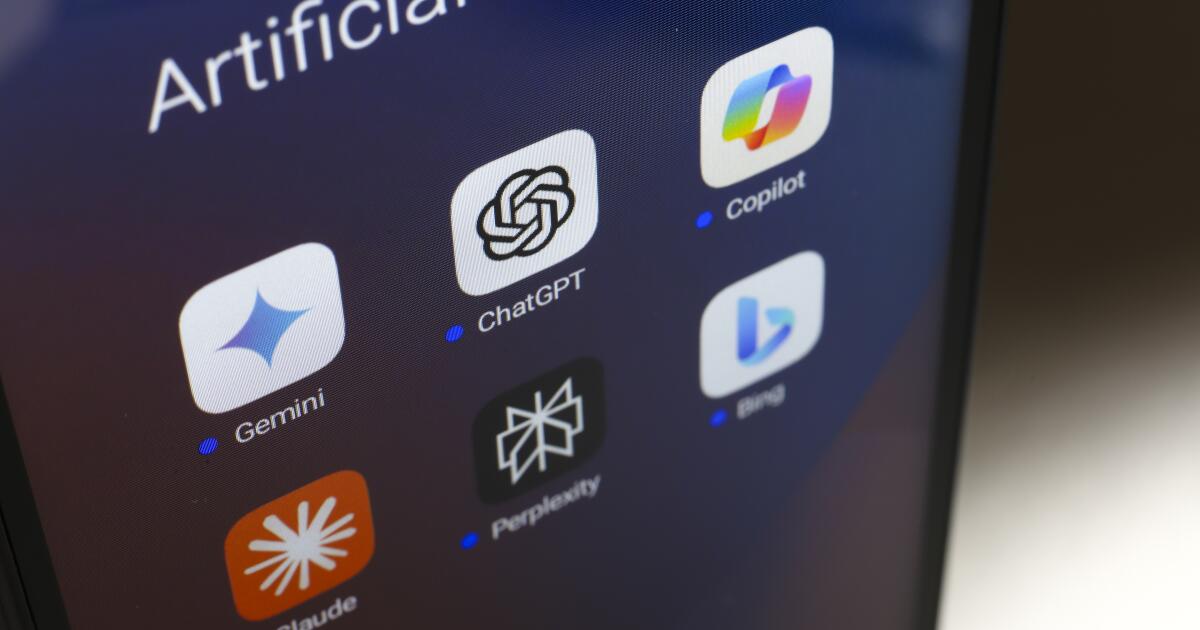Key Takeaways
- Research shows increased reliance on AI tools like ChatGPT diminishes critical thinking and cognitive engagement.
- Younger individuals exhibit the greatest decline in cognitive abilities due to heavy AI usage.
- Despite cognitive risks, AI adoption continues to rise rapidly among students and adults worldwide.
Cognitive Decline Linked to AI Dependency
A recent wave of studies highlights the detrimental effects of artificial intelligence on human cognition, particularly concerning critical thinking skills. As AI tools, including ChatGPT, become increasingly integrated into daily life, evidence reveals that reliance on these technologies is leading to significant cognitive declines, especially among younger generations.
Nicholas Carr’s earlier work, “The Shallows,” argued that the internet’s distractions impair cognitive functions, a theory now echoed in current research on AI. Numerous studies illustrate a troubling correlation: frequent use of large language models (LLMs) like ChatGPT negatively impacts critical thinking abilities. One study noted that individuals heavily reliant on AI display a concerning decrease in cognitive engagement and an increase in “cognitive offloading,” where mental effort is minimized as machines handle tasks.
Specifically, younger users are most at risk. Recent findings indicate that adolescents and young adults possess lower critical thinking scores when compared to older individuals, underscoring the detrimental impact of early and extensive AI exposure. This raises alarming questions about the implications for future generations, particularly as they navigate academic and personal challenges with reduced problem-solving skills.
Notably, a collaborative study from Microsoft and Carnegie Mellon University reiterated that use of AI tools could inhibit independent engagement with educational material, prompting long-term overreliance. Furthermore, a study conducted by MIT showed that participants using LLMs exhibited the weakest brain connectivity during writing tasks, suggesting reduced cognitive activity in those dependent on technology for thought formulation.
The uptake of AI among students is staggering. For instance, the number of ChatGPT users soared from 400 million to 800 million in just a few months, with a significant decline in the percentage of UK students abstaining from LLMs—from 47% to just 12% in one year. Projections indicate that by mid-2024, nearly 90% of Harvard students may be utilizing LLMs for academic work, while over 70% of American adults report regular AI use.
Despite growing awareness of these cognitive risks, the cultural momentum towards technology reliance appears inexorable. This phenomenon reflects a broader societal trend favoring innovation without critical reflection, resembling an unquestioned worship of technological advancement.
As society contends with these challenges, the disparity between those who embrace technology fully and those who strive for independence and critical engagement becomes apparent. The metaphor stands: while the e-biker races ahead with artificial speed, the fully human cyclists may ultimately possess greater stamina and resilience. In this evolving landscape, the true challenge lies in maintaining cognitive integrity and fostering deep, reflective thinking amid the allure of artificial intelligence.
The content above is a summary. For more details, see the source article.















